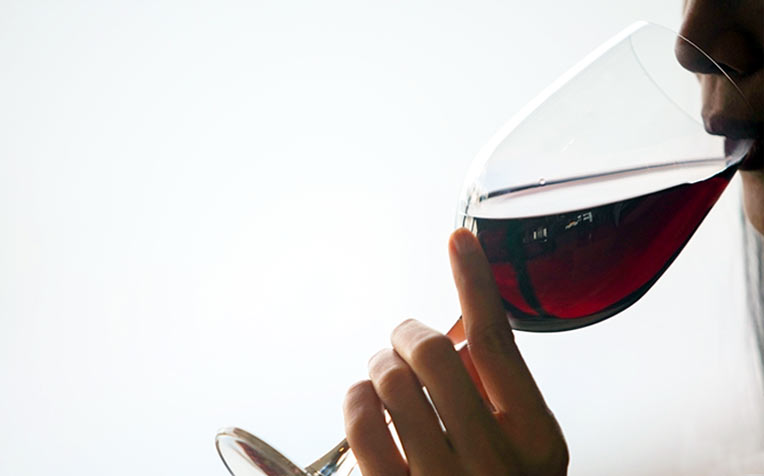
Health advice on food abounds on the Internet but not all of what is out there is sound. The
LIFE Centre (Lifestyle Improvement and Fitness Enhancement) at
Singapore General Hospital (SGH), a member of the
SingHealth group, dishes the truth on some popular food beliefs. (iStock photo)
1. A glass of wine every day is good for your health – Myth
Although wine – especially red wine – contains antioxidant polyphenols that protect against cardiovascular disease and cancer, daily consumption of alcohol can damage the liver. For women, it increases the risk of breast cancer because alcohol disrupts the body's ability to absorb folic acid, a B-vitamin with anti-cancer properties.
Related article:
Does turning red after drinking alcohol indicate good or bad health?
2. All the fat in fish is good fat – Myth
Only about 30 per cent of the fat in fish is "good" omega-3 fat (the exact percentage varies, depending on the type of fish). The rest is a mix of "bad" fat which raises cholesterol levels, and fat which has no special health benefit. Tuna, for instance, has 23 per cent "good" fat and 33 per cent "bad" fat, while salmon has 27 per cent "good" fat and 16 per cent "bad" fat.
3. People with diabetes should eat special food, like sugar-free biscuits – Myth
Sugar-free biscuits and other special foods for people with diabetes are conveniently packaged with detailed information, making it easier for people with diabetes to keep track of their calorie intake. But it is not necessary for people with diabetes to consume such commercially prepared foods. People with diabetes should, in general, reduce their intake of carbohydrates, especially simple carbohydrates like sugar, white bread and sweet drinks.
Related article:
If you have diabetes, can you drink alcohol?
4. To lose weight, it is better to consume many small meals rather than three big meals a day – Myth
When trying to lose weight, the overall daily caloric intake is more important than whether one eats a small or a large meal. There is no difference between three meals of 600 calories each and six meals of 300 calories each.
Related article:
Which burns more fat, resistance training or aerobics?
--
Articles on
HealthXchange.sg are meant for informational purposes only and cannot replace professional surgical, medical or health advice, examination, diagnosis or treatment.